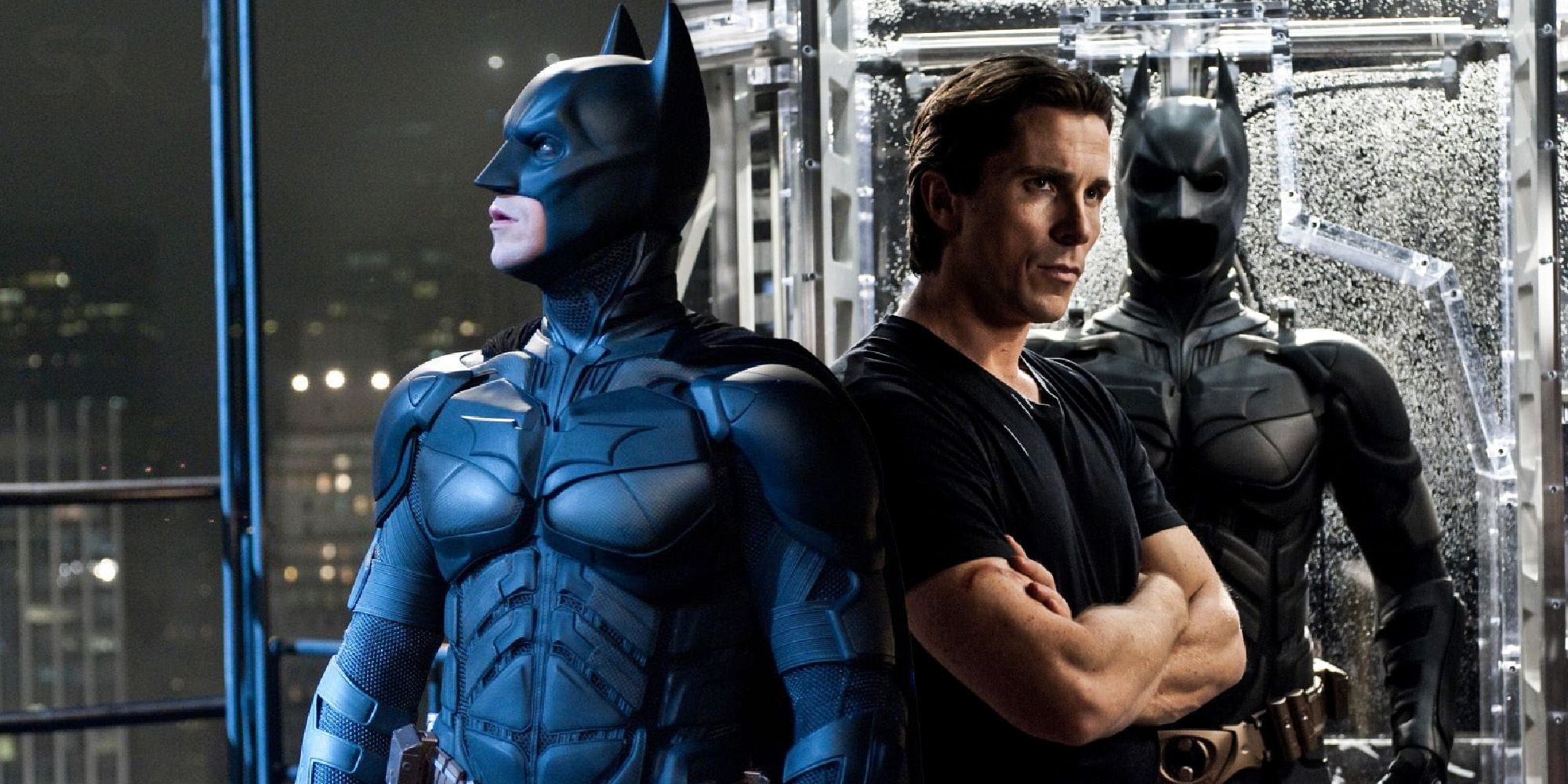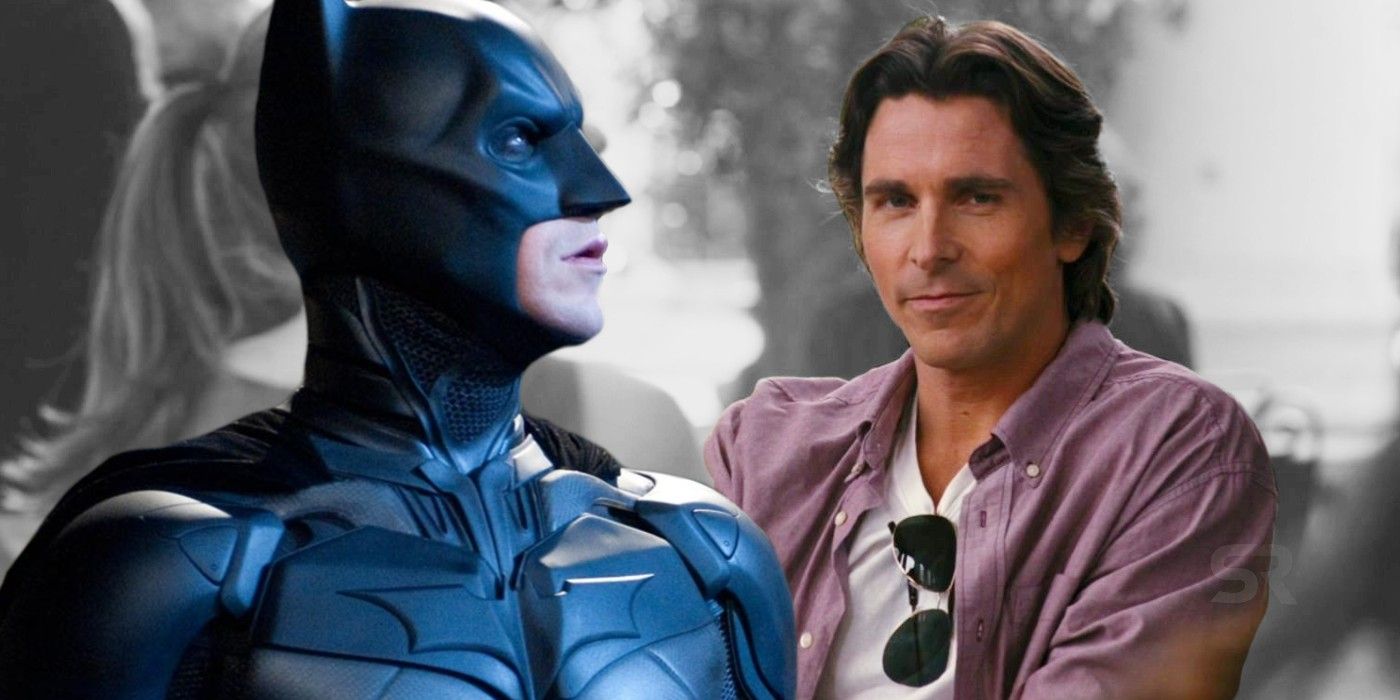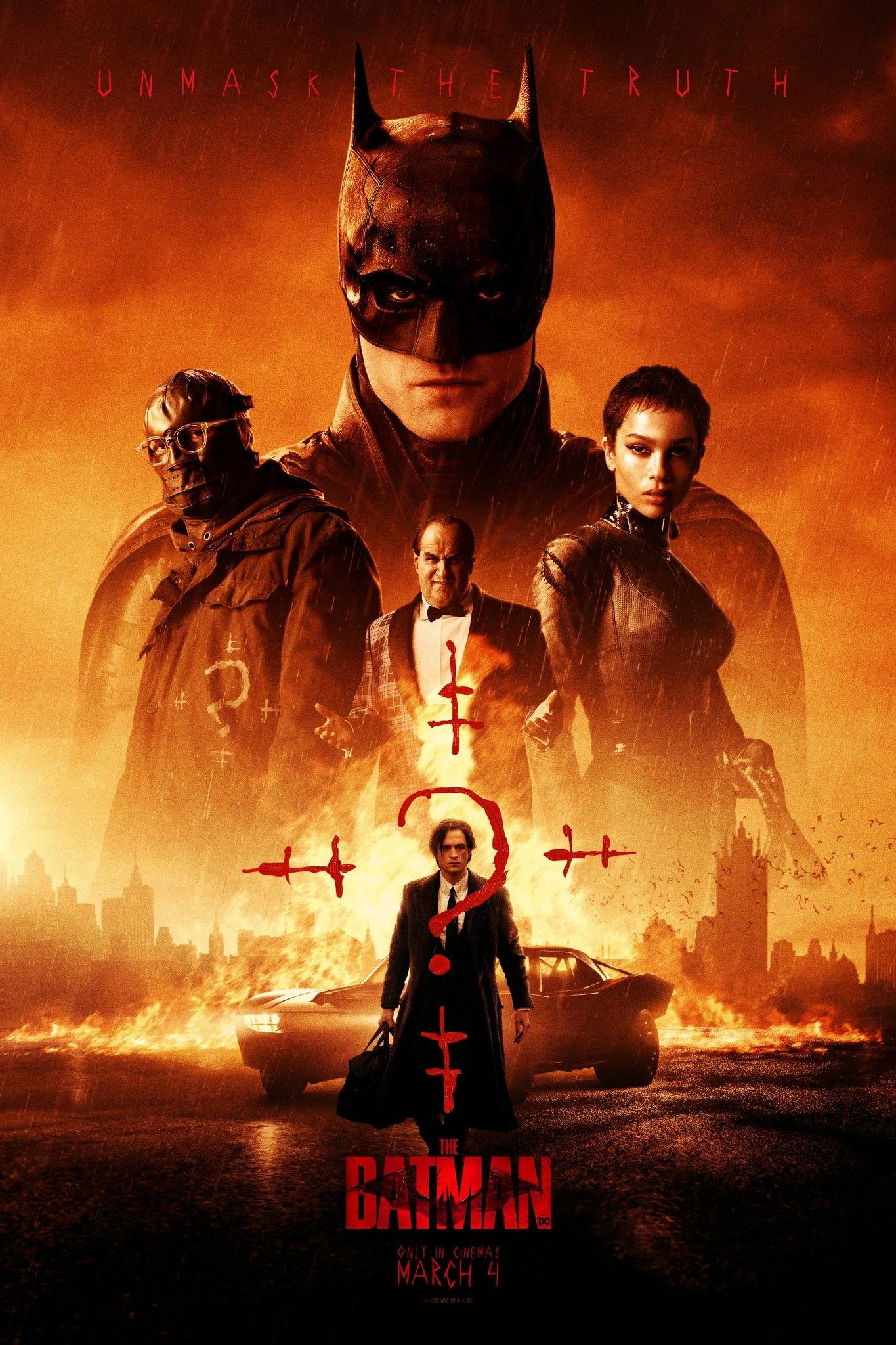The Dark Knight Rises defied the expectations of fans and audiences by having Batman retire at the end of the film instead of killing him off, and there's a very easy explanation as to why. 8 years after its conclusion, Nolan's Dark Knight Trilogy remains a cinematic gold standard for superhero blockbusters and continues to inspire a wave of grounded and gritty action successors, including inspiring the DCEU. The Dark Knight Rises was a massive success, grossing over $1 billion at the box office and quickly peaked by becoming the 7th highest-grossing film of all-time in 2012.
The movie went through several transformations, and for a while after the release of The Dark Knight, Nolan wasn't even sure that he wanted to make another Batman movie. It all hinged on finding the right story, and Warner Bros. pushed him down many different avenues, including using a version of The Riddler as played by Leonardo DiCaprio. Ultimately, Nolan decided to take heavy inspiration from the iconic 1993 storyline Knightfall and introduced Bane as the series final villain, focusing on his intellect and raw monstrous strength.
Unlike the comic books, Nolan found a way to give Bruce Wayne a proper send-off at the end of his film, having him retire and leave with Selina Kyle. Upon release, some Batman fans criticized this decision as being out of character for the Dark Knight, but the movie actually provides many reasons as to why this makes sense.
For starters, the most practical reason that Bruce Wayne decides to retire at the end of the movie is that he simply cannot handle the physical stresses of being Batman anymore. At the end of The Dark Knight, while trying to save Commissioner Gordon's son and stop Harvey Dent, Bruce falls from a great height suffers a leg injury that leaves him using a cane throughout the beginning of Rises. He eventually gets a cybernetic brace that allows him to function semi-normally, but this is only a small hint at what's to come.
Bruce goes to visit a doctor later in the film who tells him that he has no cartilage in his knees, scar tissue on his kidneys, concussive damage to his brain, and a host of other issues that he sustained during his time as Batman. This is even before Wayne's spine is damaged by Bane later in the film, an injury that he manages to temporarily overcome in order to beat him. With all of these compounded stresses and trauma, the idea of Bruce remaining Batman for any longer is simply illogical. The strain of continuing to fight crime night after night would eventually catch up to him and more than likely kill him, a fate that Alfred implored him to avoid at all costs.
Aside from this, however, there is another thematic reason that Bruce decides to retire. A recurring theme in the trilogy is Bruce's co-dependence on the Batman persona; instead of it being a necessity to fight crime, it becomes a necessity to give Bruce's life purpose. In Batman Begins, Rachel Dawes tells him that she looks forward to the day where Gotham no longer needs Batman so that they can be together, but by the end of the movie she accepts that Bruce is the one who needs the Dark Knight. Alfred recognizes this too; it's why he quits halfway through the film because he doesn't want Bruce's addiction to the Batman persona to get him killed. Not only the audience but Bruce himself believes that he will give his life as Batman to save Gotham because that's the path that he's seemingly chosen.
But by the movie's end, John "Robin" Blake has been gifted the keys to the Batcave, heavily hinting that he will now step up and take on the mantle. Bruce's retirement brings the trilogy full-circle; by passing the Batman mantle, he's fulfilled his promise to the people close to him and found a life outside of his dedication to Gotham City. It's through this thematic loop that Nolan manages to give The Dark Knight Rises a poignant and moving conclusion.



